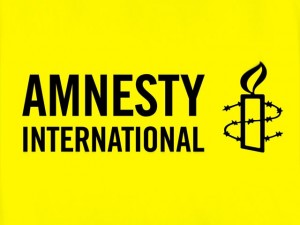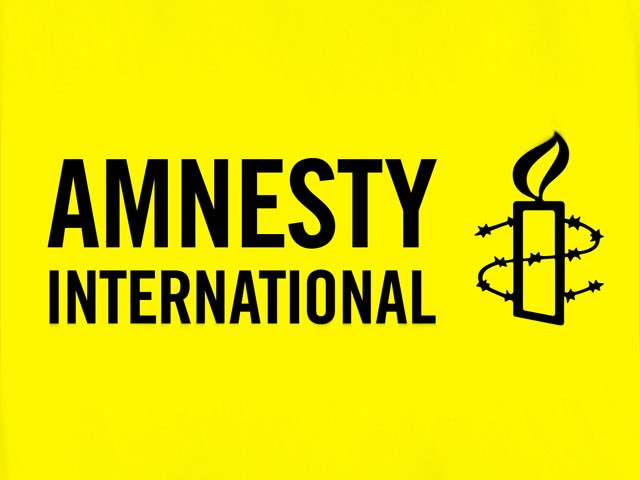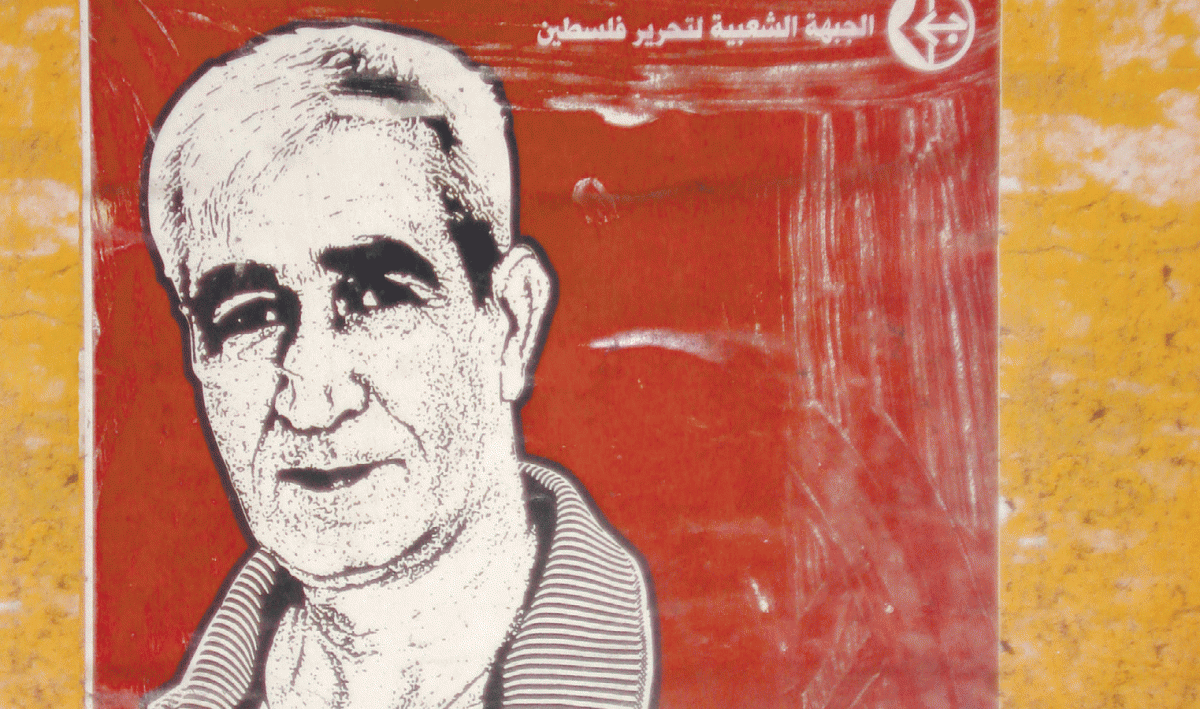 Amnesty International has issued several statements concerning the case of Ahmad Sa’adat. In 2002, Amnesty demanded Sa’adat’s release, and in 2006, Amnesty emphasized its concern for Sa’adat and the other Palestinians kidnapped from Jericho, emphasizing that they must receive fair trials. See below:
Amnesty International has issued several statements concerning the case of Ahmad Sa’adat. In 2002, Amnesty demanded Sa’adat’s release, and in 2006, Amnesty emphasized its concern for Sa’adat and the other Palestinians kidnapped from Jericho, emphasizing that they must receive fair trials. See below:
Israel/Occupied Territories/Palestinian Authority: Ahmad Sa’adat must be released and his safety ensured
Posted: 13 June 2002
Amnesty International
The United Kingdom (UK) and the United States (US) must also ensure that the PA and Israel respect Ahmad Sa’adat’s rights. Both countries were involved in concluding the agreement whereby Ahmad Sa’adat was being kept in detention, and are providing a team of observers who are monitoring his detention.
Ahmad Sa’adat, General Secretary of the Popular Front for the Liberation of Palestine (PFLP), was arrested on 15 January 2002 by the Palestinian General Intelligence Service. He was then transferred to Force 17 (the Palestinian Presidential bodyguard), and held after that in President Arafat’s compound in connection with the killing of the Israeli Minister of Tourism, Rehavam Ze’evi, on 17 October 2001. The PFLP has claimed responsibility for the killing. Ahmad Sa’adat was not formally charged with any recognizable criminal offence.
After a petition was brought to the Palestinian High Court of Justice in Gaza calling for the release of Ahmad Sa’adat, the High Court of Justice requested the PA General Intelligence Service to bring evidence against him. The Intelligence Service failed to do so. The High Court then, on 3 June 2002, ordered the immediate release of Ahmad Sa’adat as he had never been charged or brought before a judge. However, the Palestinian Cabinet, on 4 June 2002, while expressing respect for the Court’s decision, decided that Ahmad Sa’adat should not be released “due to Israeli threats of assassinating Sa’adat as there was an overt announcement of that by Sharon’s spokesman”.
The announcement referred to was apparently a statement by Ra’anan Gissin, an Israeli government spokesperson, warning that if “he is not brought to justice, we will bring justice to him. You can’t let murderers free.” The Israeli Defense Forces (IDF) have previously extrajudicially executed Palestinians suspected of attacks on Israelis and killed Mustafa Zabri (Abu ‘Ali Mustafa), the previous General Secretary of the PFLP in Ramallah by a missile from an Apache helicopter on 27 August 2001.
On 29 March, the IDF had attacked the compound of President Yasser Arafat of the PA where Ahmad Sa’adat was being held with five others: Basel al-Asmar, ‘Ahed Abu Ghalma, Majdi al-Rimawi and Hamdi Qar’an, accused of having carried out the killing of Rehavam Ze’evi; and Fuad Shubaki, held without charge or trial in connection with the Karine A, a ship allegedly carrying arms to Gaza.
The compound of President Arafat remained under siege by the IDF for a month. During this time the four accused of the murder of Rehavam Ze’evi were tried inside the compound before a special ‘field court’, after grossly unfair proceedings, and sentenced to up to 18 years’ imprisonment. One of the Israeli demands was that the six detained should be handed over to the Israeli authorities. On 1 May the siege was lifted in a deal whereby the six Palestinians detained in the compound were taken to Jericho where they remain detained under the monitoring of UK and US observers.
Both Israel and the PA have held detainees without charge or trial. After pressure from Israel to detain those accused of armed attacks on Israel, the PA has detained members of opposition groups for up to four years without charge or trial. It has also sentenced Palestinians after grossly unfair trials. Amnesty International has frequently raised concerns about such detentions.
On 29 May, President Arafat ratified the basic law which had been passed by the Palestinian Legislative Council in 1996. The Basic Law affirms the independence of the judiciary and recognizes rights of all people living under the jurisdiction of the PA as contained in international human rights treaties such as the International Covenant on Civil and Political Rights and the International Covenant on Economic, Social and Cultural Rights.
In line with these standards, no one should be held without charge or trial. Anyone suspected of a recognizably criminal offence should be charged and tried fairly. The UK, the US and the international community at large should work to ensure that both the PA and Israel respect international human rights standards.
AMNESTY INTERNATIONAL








